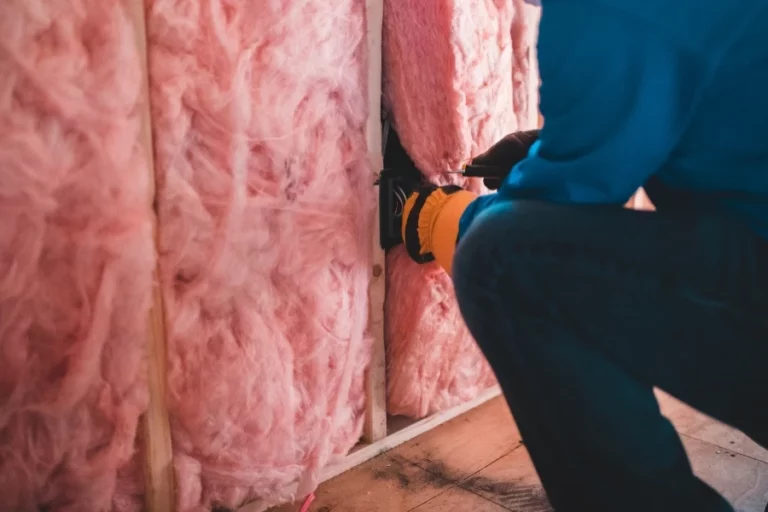Planning either to buy a new house or redecorate your existing one requires plenty of work. Unless you insulate your home you would have much bigger problems in the future. (https://salemchamber.org) Insulation is one of the key ingredients to any construction work, insulation keeps the premises warm in winter, cool in summer, and retains the vital thermal energy into and out of the house. In plain English, having insulation would help you heat up in winter, have a cozily cool home in summer, and above all, stop the airflow and maximally reduce your energy bills in the long run. If you are getting ready for your next reconstruction project, here is all the information related to insulation and how it works.
Insulation 101
To get the most out of your construction project, you ought to place insulation. Insulation represents a thermally resistant barrier that enables the energy and hot airflow within the house. Placing quality insulation materials around the house would block heat from entering the home during hot summer days, and vice versa, hold precious heat during cold winter days. In order to get the most out of the insulation and help save energy and cut costs, the key is to find insulation for sale and get proper insulating materials which would ensure you save both energy and money.
Seek Best Materials
Since the insulation helps retain warm air inside, this air would also need to flow from that warm place to a cold and the other way around to keep it flowing. For that matter, it’s of utmost importance to get the right insulating materials to transfer heat masterfully and conduct it adequately throughout the whole house. Depending on the project, you would need enough insulating materials to cover all the premises such as interior rooms, roof, and basement. Some of the most used and popular insulating materials are:
- Rigid/plastic foam,
- Radiant barrier,
- Fiberglass,
- Natural fibers,
- Wool,
- Cellulose,
- Polyethylene.
Some of these materials are solely advantageous for heat radiation, while others are merely effective for moisture resistance and better air conduction. Also, you need to take into account the use and practicality. For instance, spray foam would be ideal for small cracks and holes, while cellulose is preferred by most people since is the most environmentally friendly insulation. If you are not sure which insulating material is best suitable for you, you might want to consult professionals.
How Does Insulation Work?
It’s easy to understand insulation: warm air flows naturally from warmer areas to cooler ones and vice versa. When it’s cold outside, heat would move automatically from warm spaces (indoor areas) to outdoor or unheated areas. On the other hand, in summer it’s vice versa, heat would move from warm outdoors to the cooler areas in your home. Insulation slows down this movement and retains hot air or heat. Insulation is utterly useful in any home or building because it increases energy efficiency effectively and reduces or retains the amount of heat and energy that escapes. Consequently, when installed adequately, insulation can uplift the comfort of your home by alleviating temperature or reducing it on hot days, lower both heating and cooling bills, and contribute to saving the planet.
What Is Insulation Good For?
We can insulate many things around the house, building, or other interior and exterior facilities. However, the most common insulation that most people seek is:
- Wall insulation: enhances energy efficiency; you can use versatile materials
- Attic insulation: the biggest heat and energy loss source in the home; opt for sturdy and quality insulation materials.
- Basement Insulation: a vital part of the house as it retains plenty of energy; basement insulation is the most cost-effective.
- Floor insulation: ensuring warm and steady temperature throughout the interior.
Among numerous benefits, insulation can help bring about incomparable results in the long run. From cutting costs, and lowering bills, to reducing noise and air pollution, insulation is ultra-beneficial.
